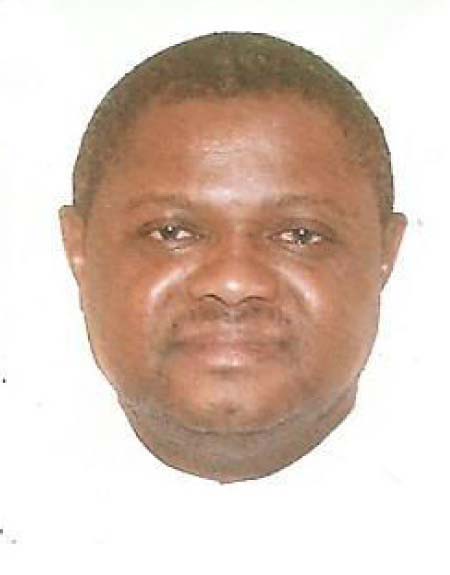
The document regards the existing differences among Christians concerning doctrine, discipline and church structures and terms the present day division an open contradiction of Christ’s will.It also stresses the unifying elements that are found among Christians as individuals and corporate groups.While affirming unity it recommends conversion of mentality and out look and a spirit of forgiveness.
Pope John Paul II, the champion of Ecumenism held foremost as his missionary mandate, ecumenism.He preached and met with other Christians wherever he traveled.He enable dialogue with many Heads of Christian Churches both in the Vatican and at many important synods of the church especially in Ecclesia in Africa (Synod of the Church in Africa).The Synod in its emphasis especially sees ecumenical dialogue as an
urgency.Dialogue also is spelt out as a way of life or a new dimension by which Christians should witness to their faith.“Ecumenical dialogue need to be fostered especially in the Christian Church so that her witnessing and evangelizing mission will be very effective.(Ecclesia in Africa no. 65).Ultimately, the Church will be able to carry out its mission to be “voice of the voiceless” in society and in Africa as a whole.
V.CONCLUSION:
As we can see from the content of the work so far, Christian disunity is a reality that exists.This is not the will of God and Jesus equally does not conform to disunity as his will.His prayer of unity for his disciples in Jn. 17:21 stands out as a sign post revealing to us the need for Ecumenism in the Christian Church today and always.
Thus, the efforts that were made to unite the Christian Church over the period should not go in vain.We should believe in God, the father, His son Jesus Christ, the Holy Spirit and in Ecumenism to be able to carry out this work.In Africa and in The Gambia in particular, we may assert that we inherited disunity in the Church of Christ because Missionaries walked into our lands with denominationalism.Now that we can talk of post independence Africa, can the Church in Africa be mature enough to see that unity should be our goal.We in Africa or the Gambia in particular know that our culture unites us and so we can learn from this.If culture unites us, then religion should equally unite us because we are one people.
In the Gambia, Ecumenism should be of much interest to us because we are a minority religion within a majority Muslim dominance.Christians should learn to create avenues for better relations and complement one another in their ministries.If we Christians take a criticallook, the issue of Muslim dominance should motivate us more for the desire for unity and to intensify our Ecumenical commitment.Rev. Martha Fredericks, a Dutch female minister who worked in the Gambia once commented that Christians in the Gambia need to develop a theology of a minority people in order to be strengthened in them efforts in Christian witnessing.Lastly, The Gambia Christian Council in its history and work can be taken as the agent of Ecumenism since it is the body through which the unity of Christians in the Gambia is viewed.The G.C.C. should continue to work on greater Ecumenical ventures to reach out to the grassroots of the Christian people for an urgent realization of Christian Unity.This is in the direction of committing both the youths and adult Christians who are not educated who live outside the urban areas where people are ignorant of Ecumenism.The youths should be led to study the Bible together so that they can have knowledge about the Bible and how the different Christian traditions interpret the Bible.It is the word of God which should best unite our youths.So also there should Ecumenical youth camps organized so that better relations can be built for the future.This the G.C.C. can do because it aims to promote the glory of God through growth, purity and unity in all Christian Churches.
Before closing, I would love to honour in memory the missionaries of the Gambia Christian Council in the persons of Catholic Bishop, Michael Maloney, Anglican Bishop, Omotayo Olufoseye and Methodist Chairman, Eric St Clair Clark who with one heart founded The Gambia Christian Council.May the good Lord reward them with blessings in heaven.Amen.
Since the objective of Ecumenism is not aimed at conversion of one Church into another, I finally wish to express that each denomination or church should strife in the name of Christ who is one to seek the good of each other and witness to him in one faith.


